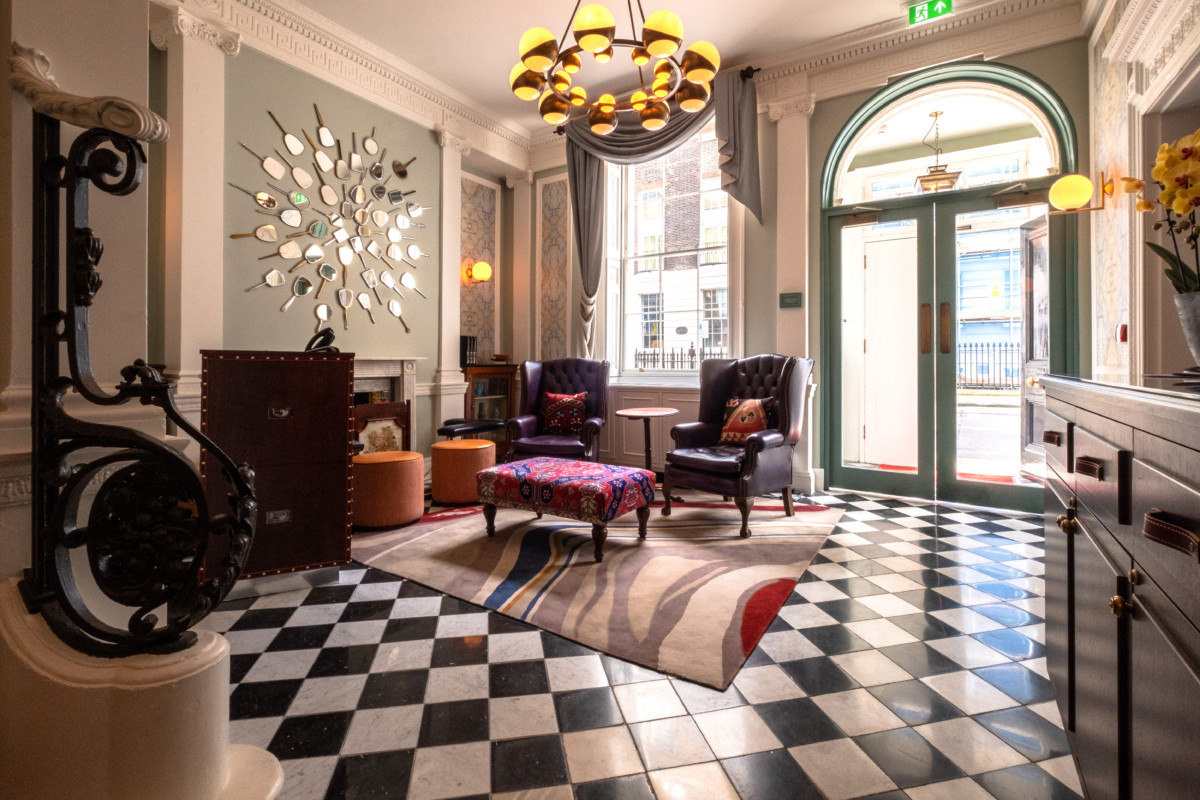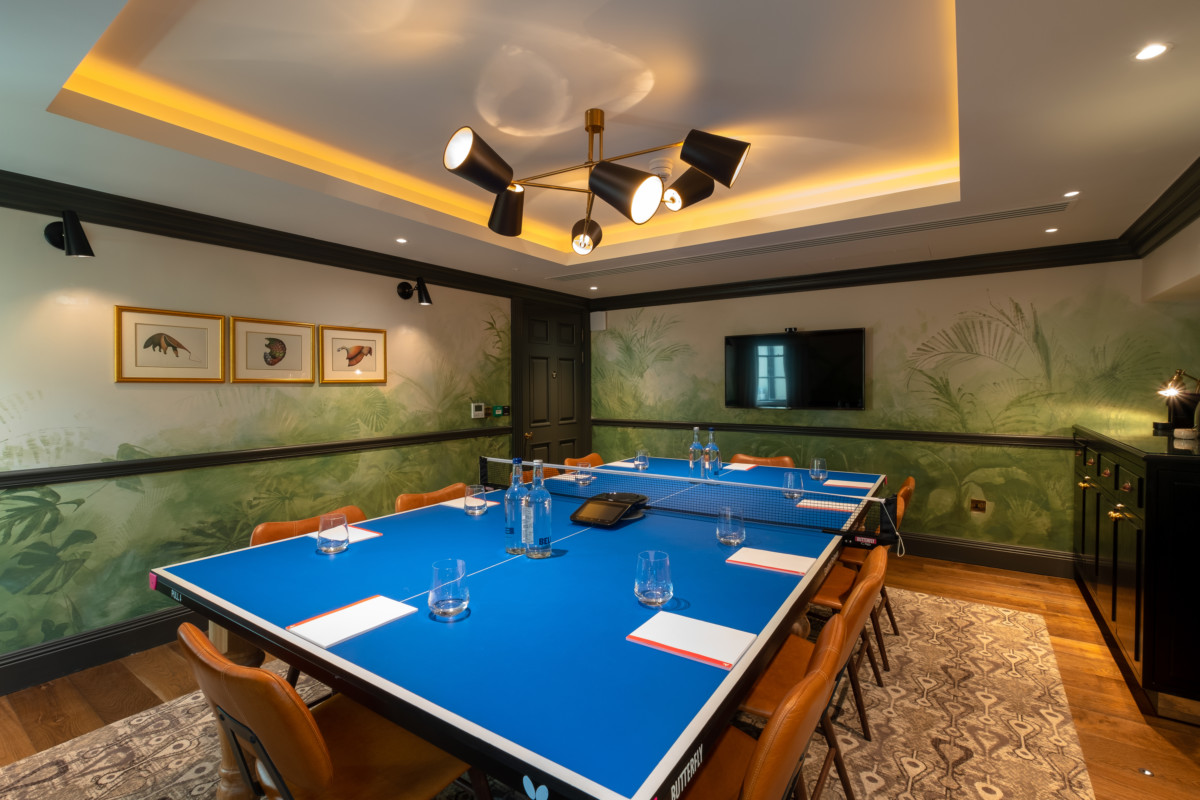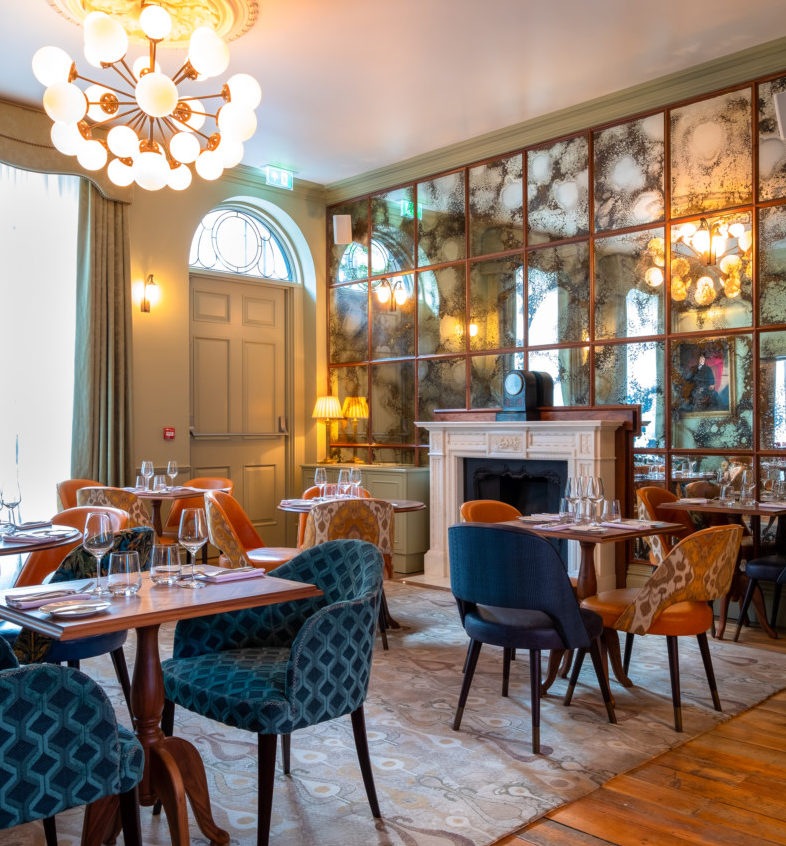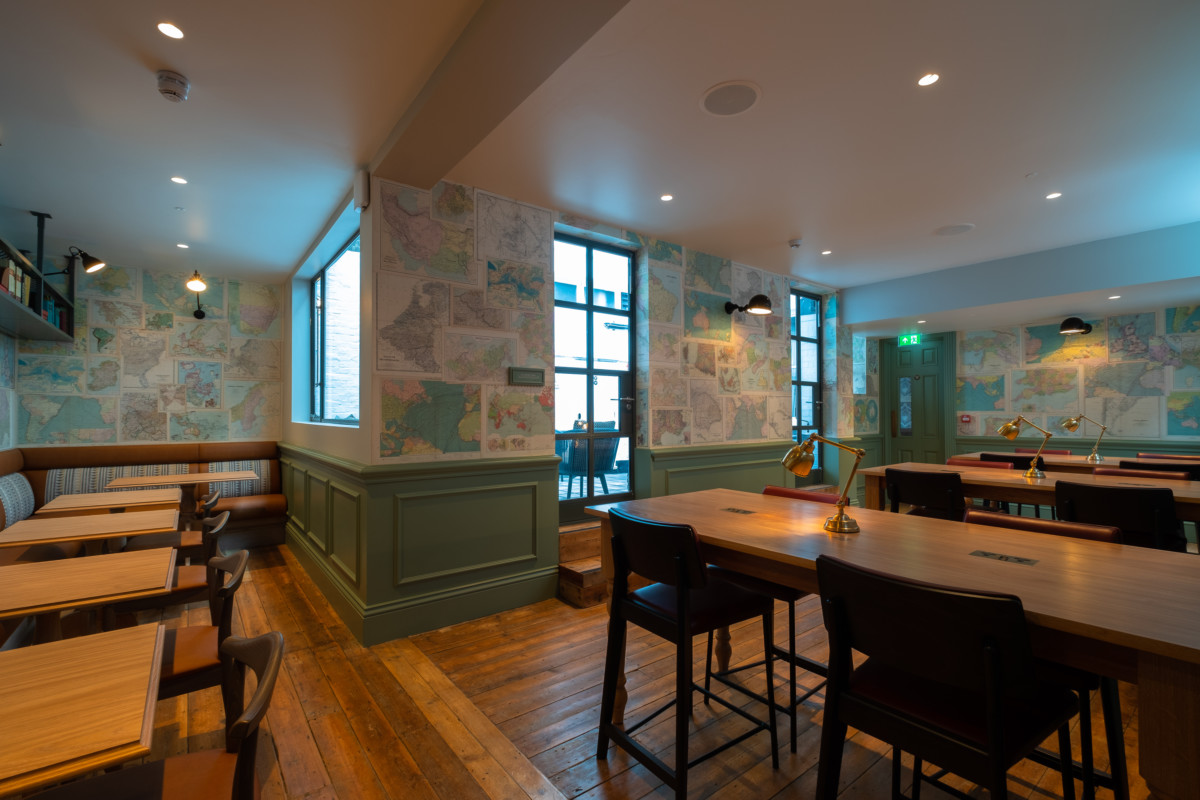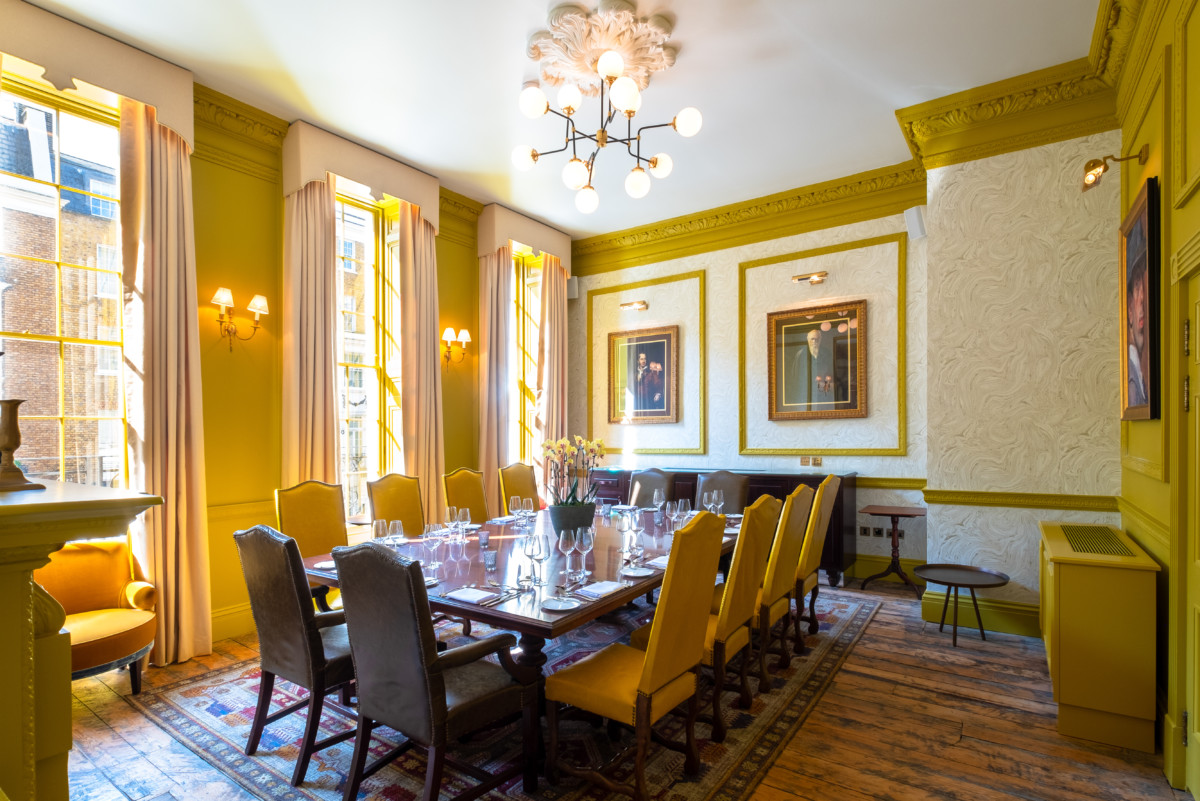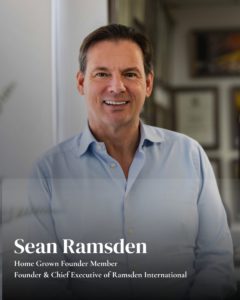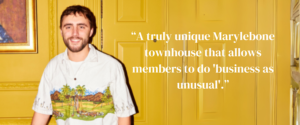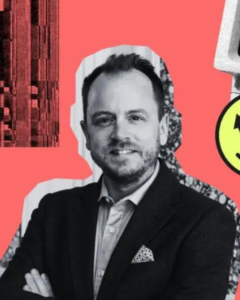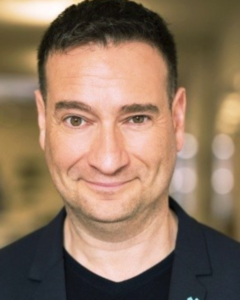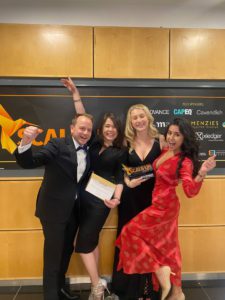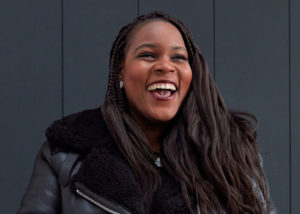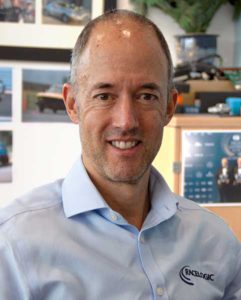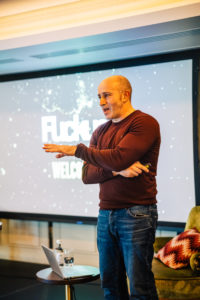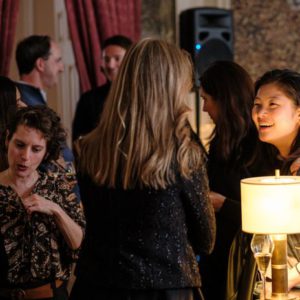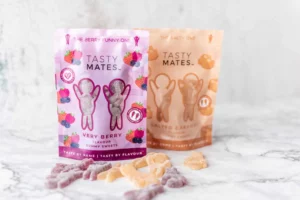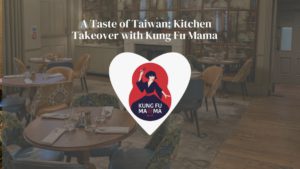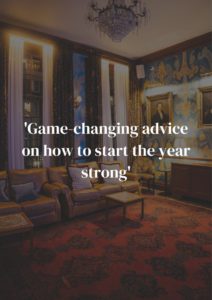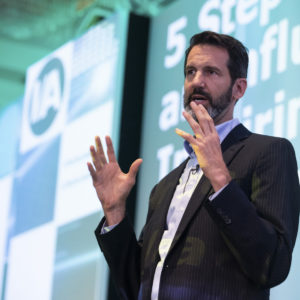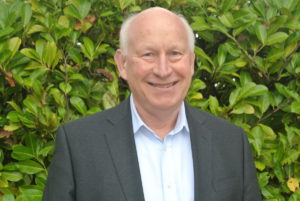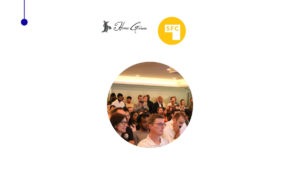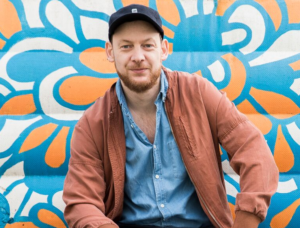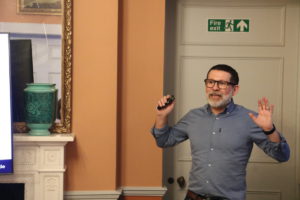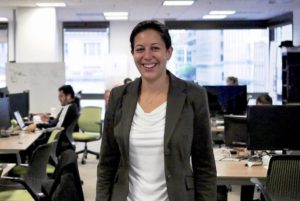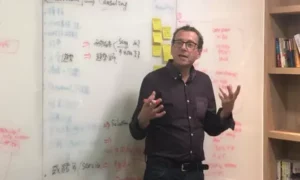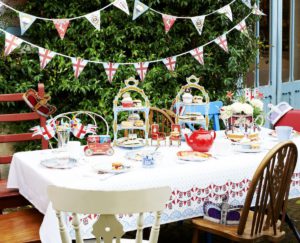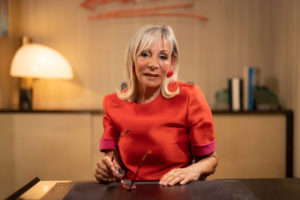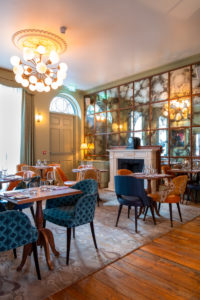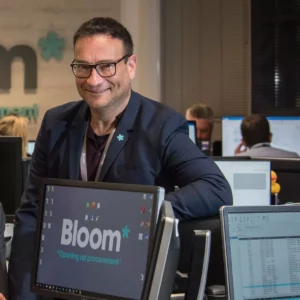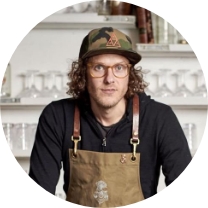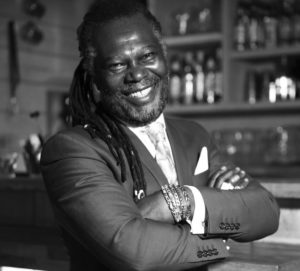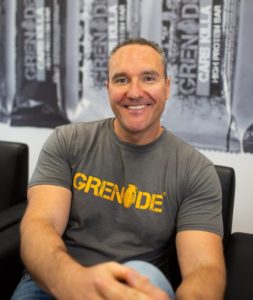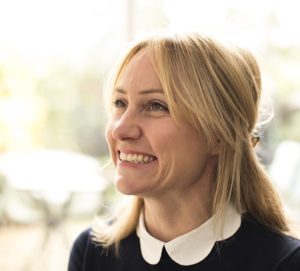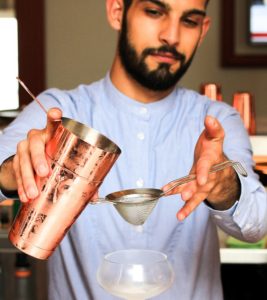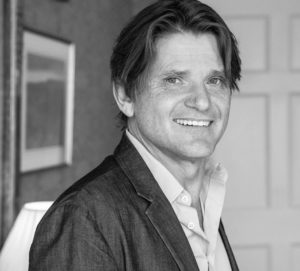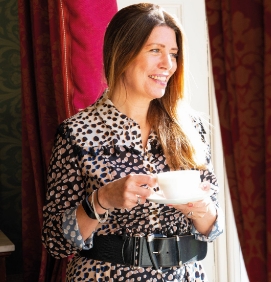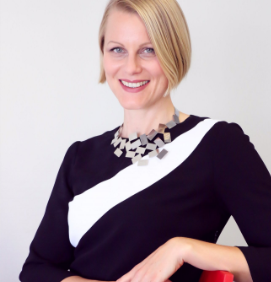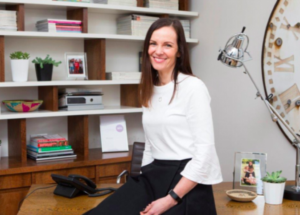Creating a Product & Getting into Retail Stores with Duro Oye

Duro Oye, Chief Executive of 20/20 and a Home Grown member, continues his insights series with 2 food entrepreneurs, Victoria Omobuwajo and Shaun Sookoo.

Image credits: Sunmo Snacks
Victoria is the CEO of SUNMO Snacks, a purpose-led brand that has launched innovative snacking products into major UK retailers like Sainsbury’s, Selfridges, Whole Foods and Amazon. SUNMO first launched their nutritious and tasty Plantain crisps followed by their sweet potato puffs.
Victoria was in the right place at the right time. She was fairly exhausted from her 9-5 corporate job and was speaking to a colleague about potential mentorship. During that conversation, Victoria shared the idea of her plantain crisp and her colleague loved the idea and wanted to be an investor in her business. Subsequently, another colleague joined in and invested in her product.
With her investors in tow, she turned her passion project into a fully running business and has not looked back since.Victoria is currently a contestant on Gordan Ramsay’s Future Food Stars airing on BBC 1 this month. Contestants are put through tasks and get eliminated each week, without giving any spoilers about the winner, Victoria shared that she made it through the 8 weeks.

Image credits: Winny’s Kitchen
Shaun is an entrepreneur with 4 businesses under his belt, Winny’s kitchen, Viomar Care Homes, Viomar Property Management and most recently, Food Division. He founded Winny’s foundation in 2018 which supplies meals to the less fortunate in homeless shelters.
Growing up, Shaun never had aspirations of being an entrepreneur, he became an accidental entrepreneur. It started with home cooked meals in the office that caught the attention and tastebuds of his colleagues, eventually the word spread and Shaun and his mother started cooking large batches of home cooked meals for customers. The entrepreneurial bug bit Shaun and he’s not stopped since.
Duro asked our guest entrepreneurs a series of questions and we’ve included some of the questions and responses below.
How much work did you put in to develop your product before you approached retail stores?
Shaun: A lot, there are so many stages because you need to get the product right and need a sizeable amount of feedback that you can use to create data which can be used to present to retailers. Retailers are not as concerned about the taste as much as much why this product should be on their shelves and the rate of sale.
Of course, the taste has to be right but you need to have the data. The look and feel matters too, it needs to stand out on the shelves against competing products. There’s a lot of work needed in understanding how and what would persuade consumers to pick up your product over your competitors.
Victoria: I couldn’t agree more, especially when you’re speaking about going into large retailers, you can make the most amazing product but you’re working with really tight margins. There are so many moving parts, there’s creating a product that people love but as Shaun mentioned, the rate of sale is important. Retailers will list you but if the consumer doesn’t relate to the product, they wouldn’t buy it and you can get delisted. So, you have to find the product market fit, where it actually makes money. That’s where you find most food businesses struggling, you can create the most amazing food products but the margins are quite tight.
Joost: How did you prepare for the first pitch to the large retailers? Did you get any help on knowing what to say to Sainsbury’s etc?
Victoria: Yeah, the buyers are like me and you, I think they related to the products maybe the only difference was that it was a purely male panel so there might have been some differences and struggle there. It was not too difficult, we met our buyers at the trade show, we had flashmob dancers, brand kits, we brought so much energy and many brands approached us and the follow up was sending them the product and them liking it. It wasn’t too difficult; I think they bought into the excitement of the product and saw people enjoying it at the event. Touching on branding, our packaging made our product look good on the shelf as well.
Duro: Did you know how much work was required or was it a rude awakening and recognising things were piling up or were you mentally prepared for what was to come?
Shaun: For me, I don’t have anyone around me that has done what I’ve done so I go into everything unknown and just with determination. I had no idea and it just unravels, it gets to a point you are there but more unravels and it just comes down to your why and what drives you.
Victoria: Absolutely, I have the same mentality, thinking I can do all the work no matter how much there is. But then you work with things such as burnout, you can go in with so much energy and passion but your body might not be able to cope with the amount of work. That’s something I didn’t expect, you think you can do the early mornings and late nights sustainably but that isn’t possible. I speak to a lot of founders so I am quite aware of what I needed to do, I would say.
Duro: Shaun, you alluded to your ‘why’.. I want to expand on that; when things got difficult, what kept you going?
Shaun: When things got difficult sounds like one occasion. I quit about 4 times a year, that point where I feel like I should consider getting a job. I’ve been self-employed for 9-10 years and as hard as it is I love it. There’s something great about creating something and the possibilities being so wide open and endless and I know I can never get that fulfilment doing something else. That’s a big why for me; Impact and change are important as well, there’s certainly things I would never be able to do if I took the easy way out.
Victoria: I would say my ‘why’ is a combination of things- I am really driven by wanting to be visual; For International Woman’s Day they struggled to find female founders, more so as a black woman, I know I have a responsibility to be present and make this work. Secondly, I have a vision for the company and if I didn’t go through with it, I wouldn’t want to go through life knowing I didn’t make that vision happen.
Duro: What would you both say has been your biggest challenge to date?
Victoria: When we launched into Sainsbury’s, the launch was going well, we got an order for Sainsbury’s and I spoke to our manufacturer and they said “we’re not going to meet your next order” without any explanation. So that was hard, Sainsbury’s was really accepting, they don’t usually switch products but they were willing to switch it for our plantain crisps. So that was a challenge, when you’re working with third parties and there are not many manufacturers so they essentially hold the power.
Shaun: The biggest challenge, which is an on-going one, is just balance. And you (Victoria) mentioned about burnout, I can be so blinkered and one hundred miles an hour about what I need to do for work that I forget my health, my relationships and everything else. Being an entrepreneur is so consuming but those other things are placed on the backburner.
What’s one thing you wish you could have told your 21-year-old self?
Victoria: Probably not spend as much!
Shaun: I think it would be the importance of networking, that’s my goal for this year but I wish I had networked years ago. People are good at certain things you’re not good at and this can form mutually beneficial relationships. If I had collaborated a long time ago, I’ll be a lot further than I am now, just learning from other people’s experiences and mistakes.
Victoria: I can’t agree more, all the amazing steps and advise I’ve got is from founders. Definitely networking is key.
The session continued with Q&As from our guests.
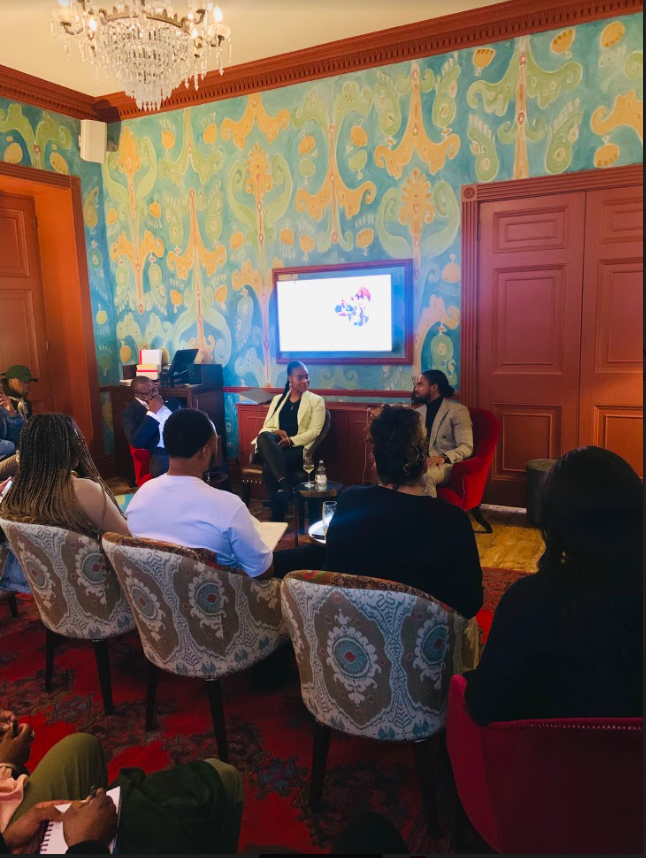
© Home Grown
Related articles




A one-stop-shop for entrepreneurs and investors. What really sets Home Grown apart is their members’ events which provide access to valuable insights and support scaling founders on their growth journey.Richard Farleigh, Entrepreneur and Former BBC Dragon's Den
It’s always a delight to meet, network and entertain amidst the generally relaxed vibes that radiates throughout Home GrownGladstone Small
Home Grown is immersed with an overflowing energy, unrivalled facilities yet the club has a certain uniqueness.Luke Reed
What a special delight and home from home! I stay here whenever I come to London and their Scale-up events are on the money.John Courtney
We are all crying out for opportunities to bump into other people, to spark ideas off them that make us happier, more fulfilled and more imaginative: Home Grown is a forum for just this creative serendipity.Tas Tasgal
Home Grown is more to me than just my office in London. It’s a community. It’s a place to network with other business people. But most of all it’s got that super friendly and positive vibe that you just can’t wait to get there each time.Neil Thompson

